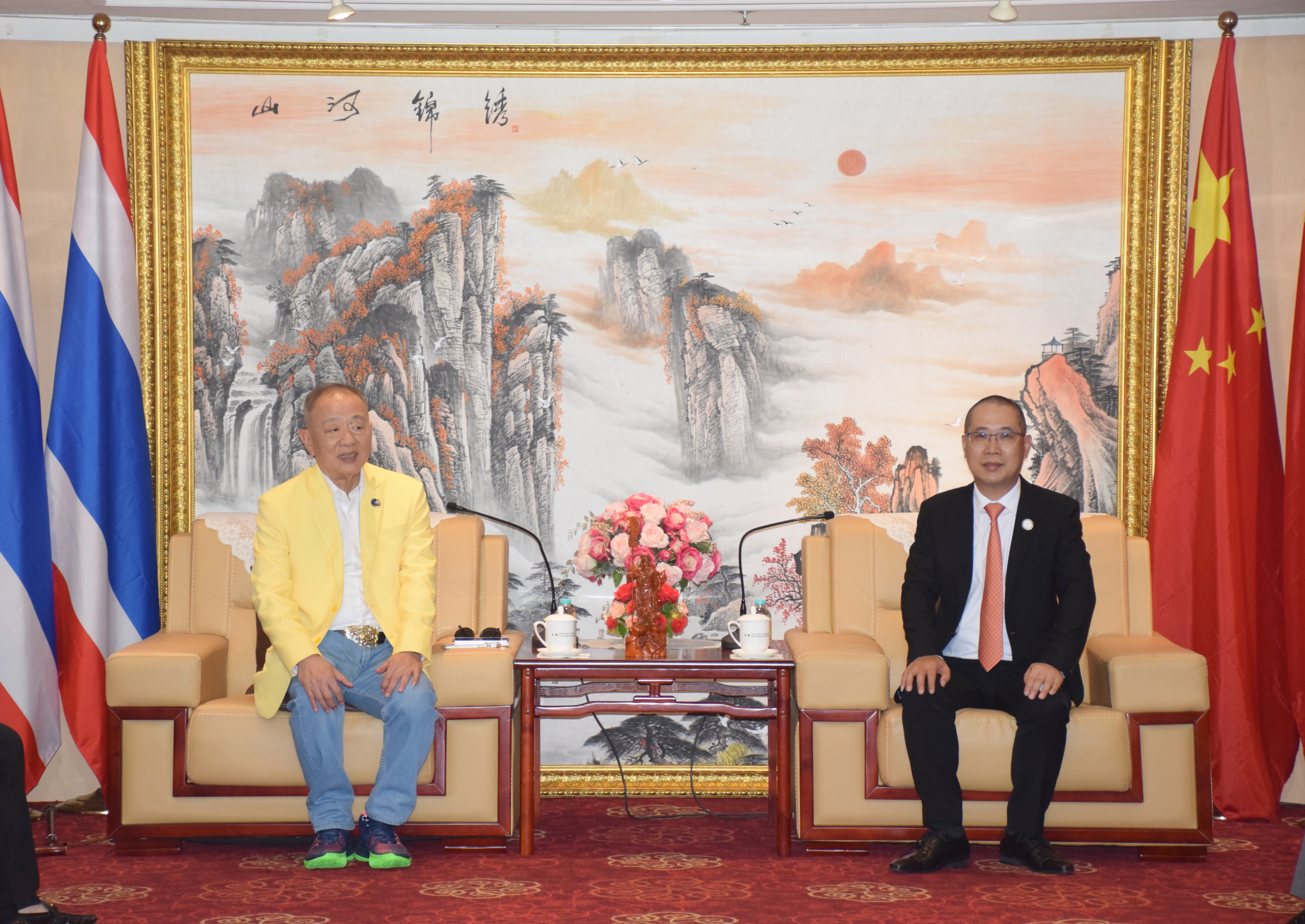Stuart Firestein teaches students and citizen scientists that ignorance is far more important to discovery than knowledge. Neuroscientist Stuart Firestein, the chair of Columbia University's Biological Sciences department, rejects any metaphor that likens the goal of science to completing a puzzle, peeling an onion, or peeking beneath the surface to view an iceberg in its entirety. Ignorance with Stuart Firestein (TWiV Special) The pursuit of ignorance (TED) Ignorance by Stuart Firestein Failure by Stuart Firestein This episode is sponsored by ASM Agar Art Contest and ASV 2016 Send your virology questions and comments to twiv@microbe.tv Categories: Episodes, Netcast # Failure # ignorance # science # stuart firestein # viral The book then expand this basic idea of ignorance into six chapters that elaborate on why questions are more interesting and more important in science than facts, why facts are fundamentally unreliable (based on our cognitive limits), why predictions are useless, and how to assess the quality of questions. Web. You know, all of these problems of growing older if we can get to the real why are going to help us an awful lot. Oxford University Press. And, you know, we all like our ideas so we get invested in them in little ways and then we get invested in them in big ways, and pretty soon I think you wind up with a bias in the way you look at the data, Firestein said. You might see if there was somebody locally who had a functional magnetic resonance imager. Why you should listen You'd think that a scientist who studies how the human brain receives and perceives information would be inherently interested in what we know. These cookies will be stored in your browser only with your consent. Firestein begins his talk by explaining that scientists do not sit around going over what they know, they talk about what they do not know, and that is how . In the ideal world, both of these approaches have value as we need both wide open and a general search for understanding and a way to apply it to make the world better. A more apt metaphor might be an endless cycle of chickens and eggs. and then to evaluation questions (what worked? People usually always forget that distinction. Ayun Hallidayrecently directed 16 homeschoolers in Yeast Nation, the worlds first bio-historical musical. We had a very simple idea. REHMStuart Finestein (sic) . And there are papers from learned scientists on it in the literature. FIRESTEINAnd in my opinion, a huge mistake by the way. Ignorance According to Shawn Otto, science can never be this: a. Send your email to drshow@wamu.org Join us on Facebook or Twitter. It's just turned out to be a far more difficult problem than we thought it was but we've learned a vast amount about the problem. FIRESTEINThis is a very interesting question actually. And these solid facts form the edifice of science, an unbroken record of advances and insights embodied in our modern views and unprecedented standard of living. Subscribe!function(m,a,i,l,s,t,e,r){m[s]=m[s]||(function(){t=a.createElement(i);r=a.getElementsByTagName(i)[0];t.async=1;t.src=l;r.parentNode.insertBefore(t,r);return !0}())}(window,document,'script','https://www.openculture.com/wp-content/plugins/mailster/assets/js/button.min.js','MailsterSubscribe'); 2006-2023 Open Culture, LLC. Part of what we also have to train people to do is to learn to love the questions themselves. The course consists of 25 hour-and-a-half lectures and uses a textbook with the lofty title Principles of Neural Science, edited by the eminent neuroscientists Eric Kandel and Tom Jessell (with the late Jimmy Schwartz). [6], After earning his Ph.D. in neurobiology, Firestein was a researcher at Yale Medical School, then joined Columbia University in 1993.[7]. I have a big dog. The cookie is set by GDPR cookie consent to record the user consent for the cookies in the category "Functional". The engage and investigate phases are all about general research and asking as many questions as possible. In Ignorance: How It Drives Science, neuroscientist Stuart Firestein writes that science is often like looking for a black cat in a dark room, and there may not be a cat in the room.. I know nothing except the fact of my ignorance. Socrates, quoted in Diogenes Laertius, Lives of the Philosphers (via the Yale Book of Quotations). In the lab, pursuing questions in neuroscience with the graduate students and postdoctoral fellows, thinking up and doing experiments to test our ideas about how brains work, was exciting and challenging and, well, exhilarating. Scientists do reach after fact and reason, he asserts. IGNORANCE How It Drives Science. It's me. If Firestein is correct that science needs to be about asking good, ( and I think he is) and that the current schooling system inhibits this (and I think it does)then do we have a learning framework for him. Any cookies that may not be particularly necessary for the website to function and is used specifically to collect user personal data via analytics, ads, other embedded contents are termed as non-necessary cookies. His thesis is that the field of science has many black rooms where scientists freely move from one to another once the lights are turned on. We sat down with author Stuart Firestein to . The first time, I think, was in an article by a cancer biologist named Yuri Lazebnik who is at Cold Spring Harbor Laboratories and he wrote a wonderful paper called "Can a Biologist Fix a Radio?" Ignorance b. Now 65, he and Diane revisit his provocative essay. We have iPhones for this and pills for that and we drive around in cars and fly in airplanes. FIRESTEINWhew. Functional cookies help to perform certain functionalities like sharing the content of the website on social media platforms, collect feedbacks, and other third-party features. Get the best cultural and educational resources delivered to your inbox. That's another ill side effect is that we become biased towards the ones we have already. But opting out of some of these cookies may affect your browsing experience. It's a pleasure ANDREASI'm a big fan. Oddly, he feels that facts are sometimes the most unreliable part of research. firestein stuart ignorance how it . FIRESTEINWell, of course, you know, part of the problem might be that cancer is, as they say, the reward for getting older because it wasn't really a very prevalent disease until people began regularly living past the age of 70 or so. Most of us have a false impression of science as a surefire, deliberate, step-by-step method for finding things out and getting things done. But in point, I can't tell you how many times, you know, students have come to me with some data and we can't figure out what's going on with it. FIRESTEINA Newfoundland. Now I use the word ignorance at least in part to be intentionally provocative. * The American Journal of Epidemiology * In Ignorance: How It Drives Science Stuart Firestein goes so far as to claim that ignorance is the main force driving scientific pursuit. Fascinating. My question is how should we direct our resources and are there some disciplines that are better for foundational knowledge or ground-up research and are there others that are better for exploratory or discovery-based research? Such comparisons suggest a future in which all of our questions will be answered. Thursday, Feb 23 2023In 2014 Dr. Ezekiel Emanuel wrote in The Atlantic that he planned to refuse medical treatment after age 75. The guiding principle behind this course is not simply to talk about the big questions how did the universe begin, what is consciousness, and so forth. REHMAnd David in Hedgesville, W.Va. sends this saying, "Good old Donald Rumsfeld REHMwas right about one thing, there's what you know, what you don't know and what you don't know you don't know." TED Conferences, LLC. It certainly has proven itself again and again. Browse the library of TED talks and speakers, 100+ collections of TED Talks, for curious minds, Go deeper into fascinating topics with original video series from TED, Watch, share and create lessons with TED-Ed, Talks from independently organized local events, Inspiration delivered straight to your inbox, Take part in our events: TED, TEDGlobal and more, Find and attend local, independently organized events, Learn from TED speakers who expand on their world-changing ideas, Recommend speakers, TED Prize recipients, Fellows and more, Rules and resources to help you plan a local TEDx event, Bring TED to the non-English speaking world, Join or support innovators from around the globe, TED Conferences, past, present, and future, Details about TED's world-changing initiatives, Updates from TED and highlights from our global community, 3,185,038 views | Stuart Firestein TED2013. Get a daily email featuring the latest talk, plus a quick mix of trending content. At the same time I spent a lot of time writing and organizing lectures about the brain for an undergraduate course that I was teaching. I'm Diane Rehm. But part of the chemistry produces electrical responses. We can all agree that none of this is good. And then, a few years later FIRESTEINeverybody said, okay, it must be there. Its not facts and rules. It was very interesting. When I sit down with colleagues over a beer at a meeting, we dont go over the facts, we dont talk about whats known; we talk about what wed like to figure out, about what needs to be done. I mean, in addition to ignorance I have to tell you the other big part of science is failure. And then quite often, I mean, the classic example again is perhaps the ether, knowing that, you know, there's an idea that it was ether. The result, however, was that by the end of the semester I began to sense that the students must have had the impression that pretty much everything is known in neuroscience. The ignorance-embracing reboot he proposes at the end of his talk is as radical as it is funny. To support Open Cultures educational mission, please consider, The Pursuit of Ignorance Drives All Science: Watch Neuroscientist Stuart Firesteins Engaging New TED Talk, description for his Columbia course on Ignorance, Orson Welles Explains Why Ignorance Was His Major Gift to, 100+ Online Degree & Mini-Degree Programs. Firestein says there is a common misconception among students, and everyone else who looks at science, that scientists know everything. You wanna put it over there because people have caught a lot of fish there or do you wanna put it somewhere else because people have caught a lot of fish there and you wanna go somewhere different. Knowledge enables scientists to propose and pursue interesting questions about data that sometimes dont exist or fully make sense yet. Copyright 2012 by Stuart Firestein. Scientists have made little progress in finding a cure for cancer, despite declaring a war on it decades ago. These are the things of popular science programs like Nature or Discovery, and, while entertaining, they are not really about science, not the day-to-day, nitty-gritty, at the office and bench kind of science. My first interests were in science. Listen, I'm doing this course on ignorance FIRESTEINso I think you'd be perfect for it. Many important discoveries have been made during cancer research, such as how cells work and advances in developmental biology and immunology. And so I'm probably not the authority to ask on that, but certainly I even have a small chapter in the book, a portion of the book, where I outlay the fact that one of the barriers to knowledge is knowledge itself sometimes. How does this impact us?) Decreasing pain and increasing PROM are treatment goals and therex, pain management, patient education, modalities, and functional training is in the plan of care. Just haven't cured cancer exactly. "I use that term purposely to be a little provocative.
stuart firestein the pursuit of ignorance summary
2023-04-11 08:34
阅读 1 次
分类:Uncategorized






